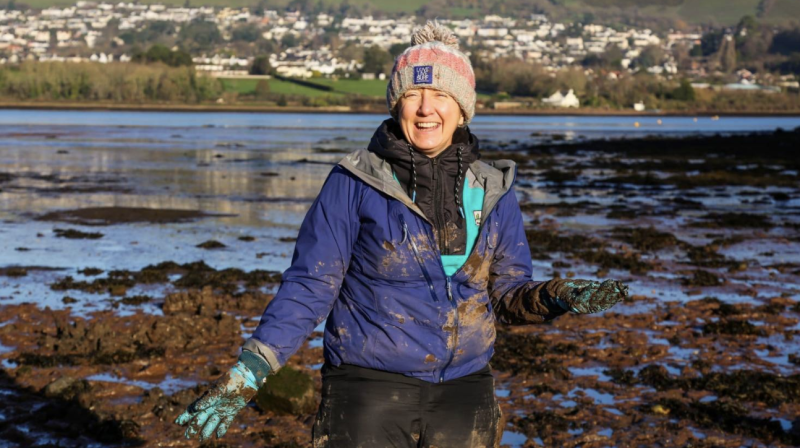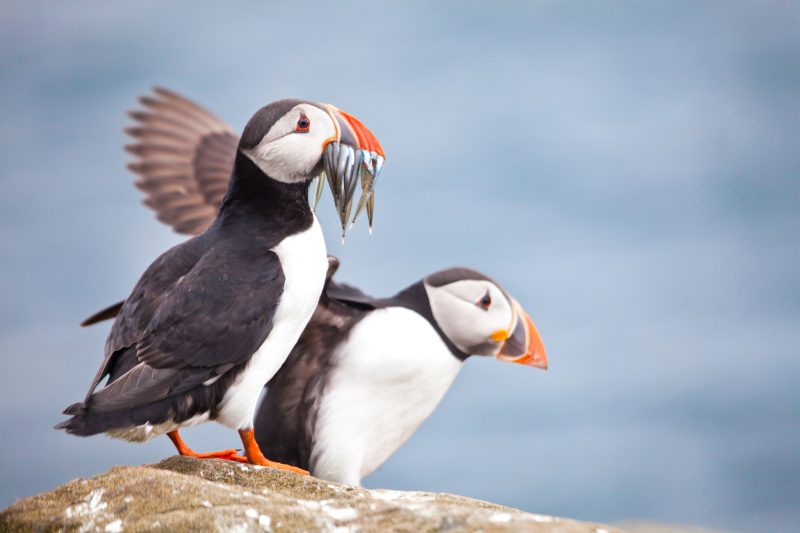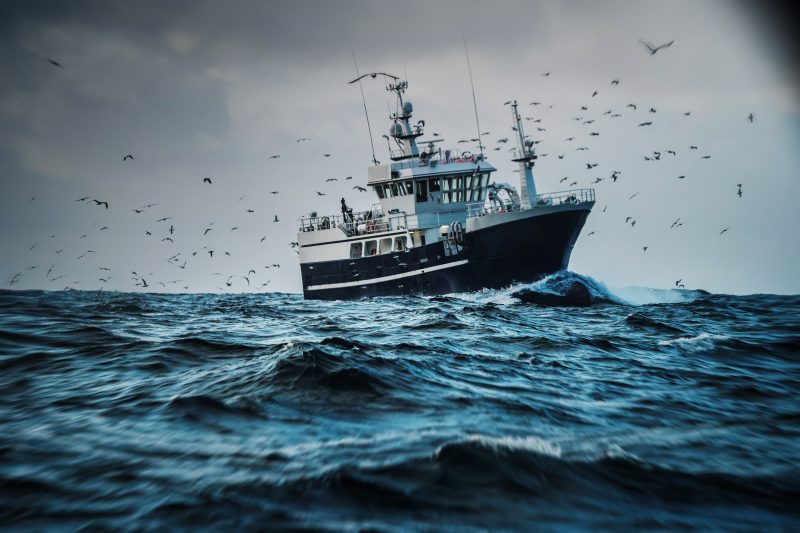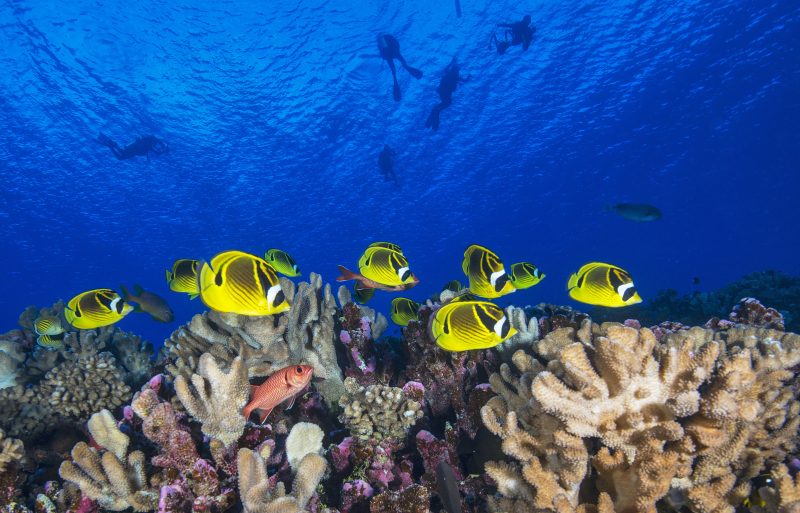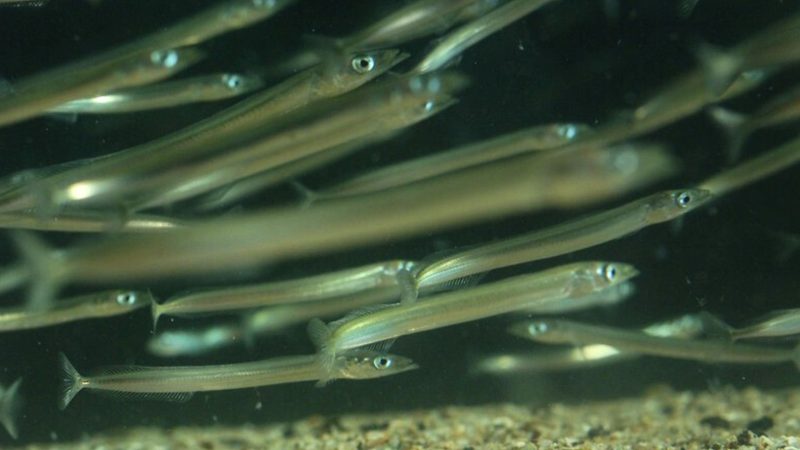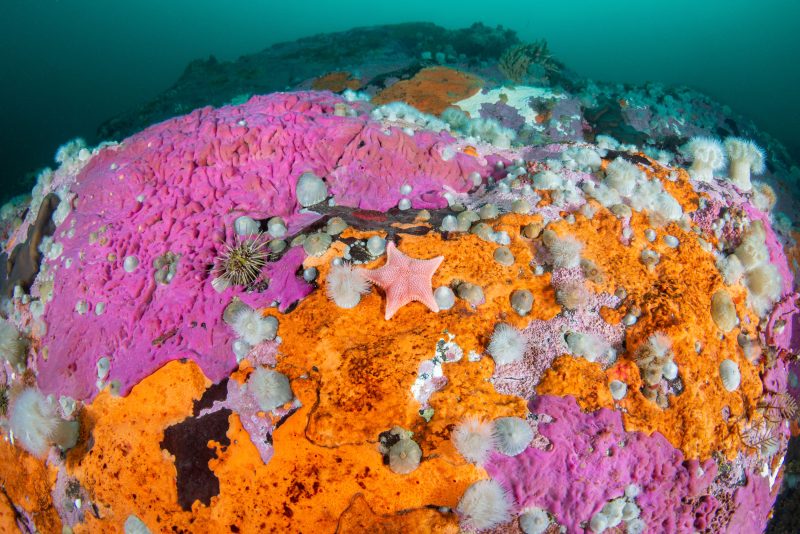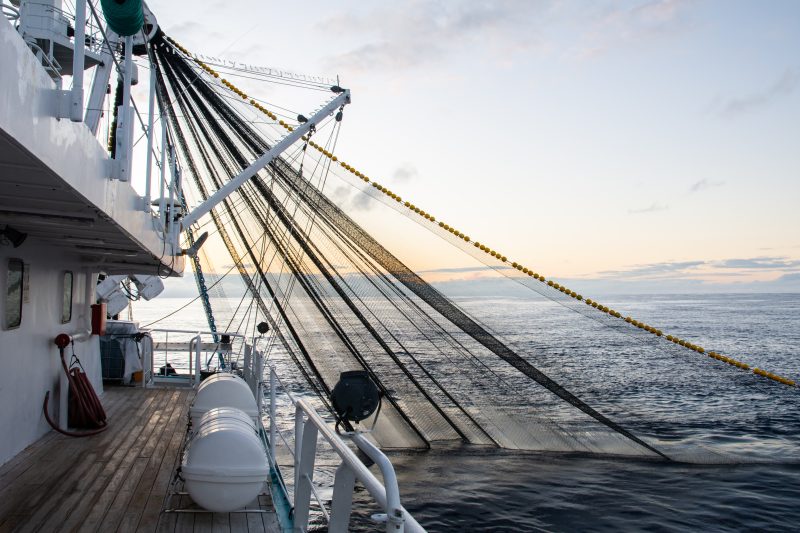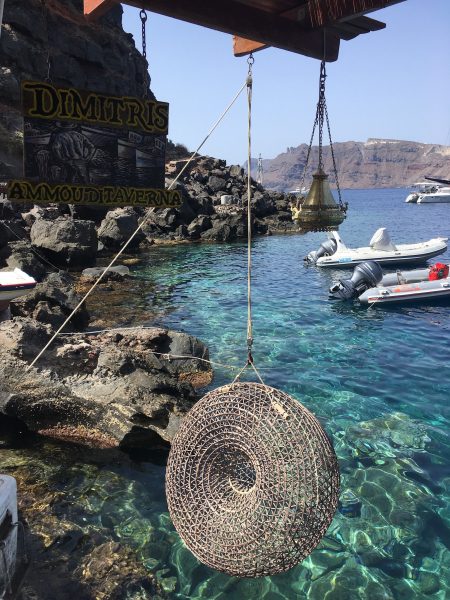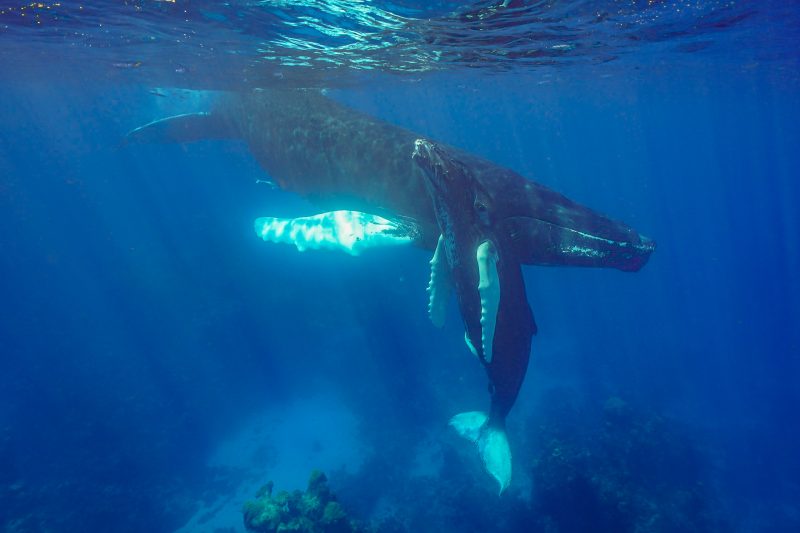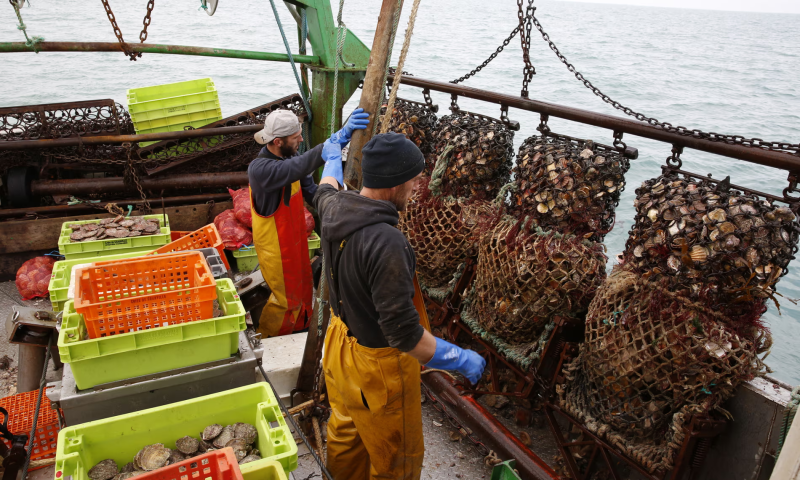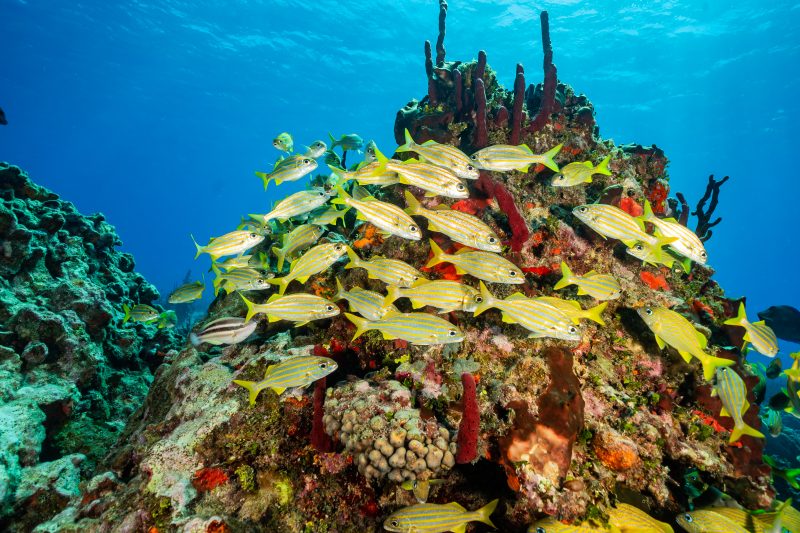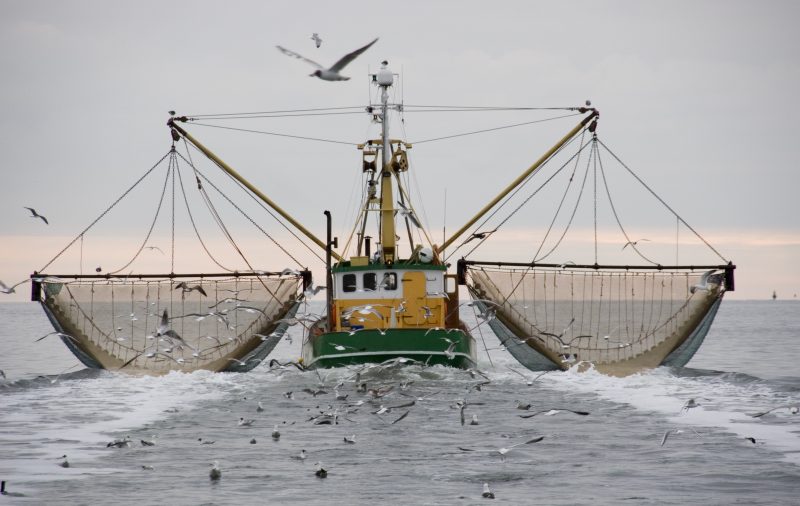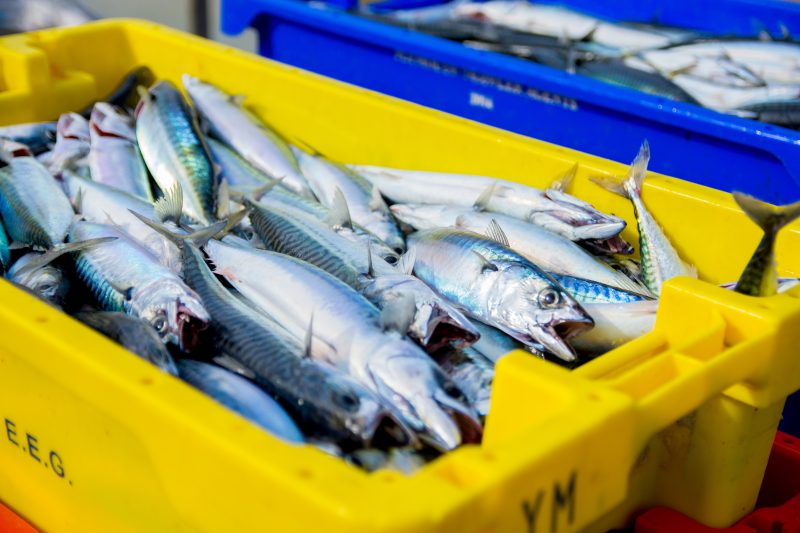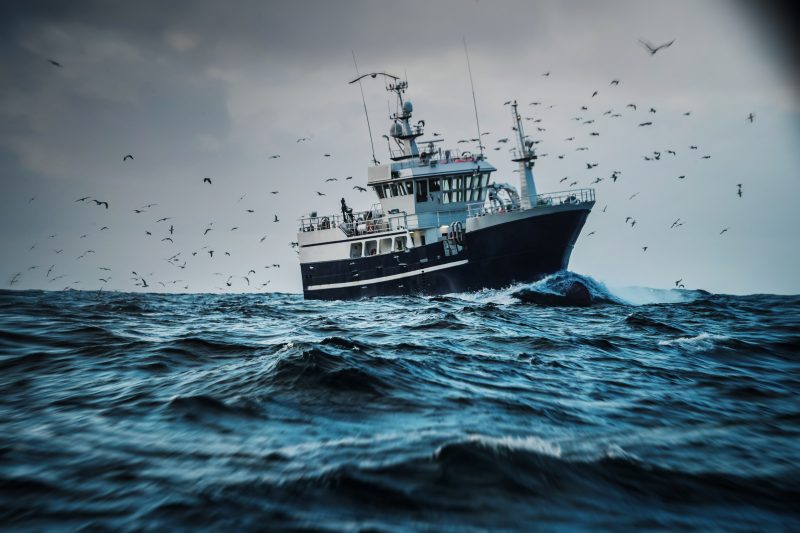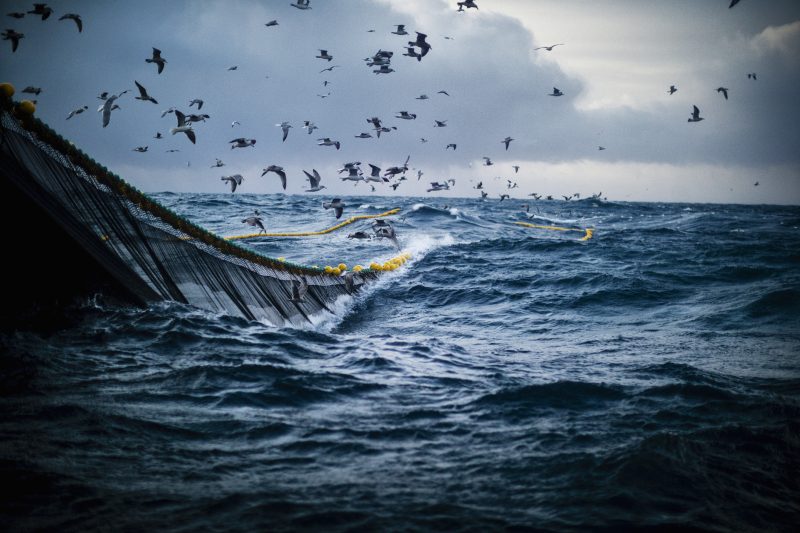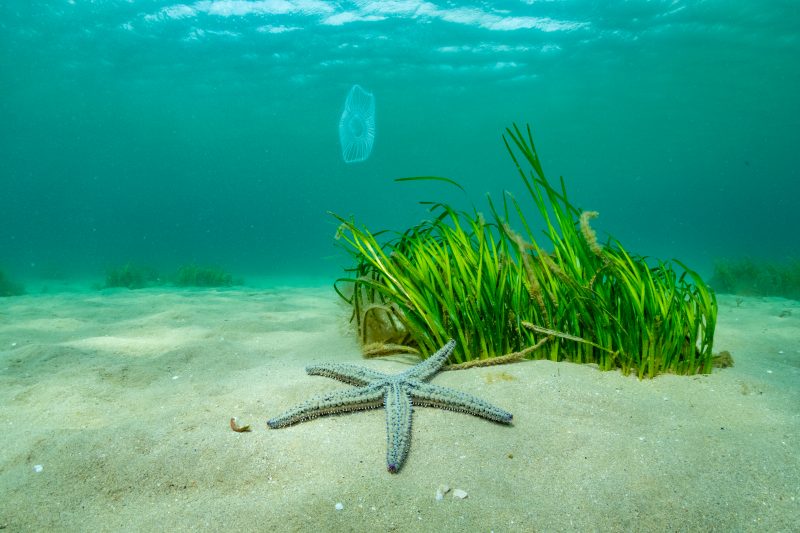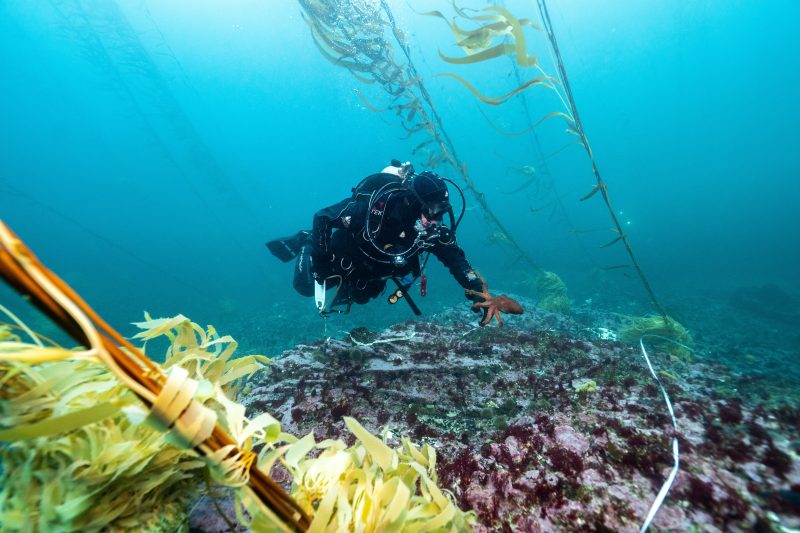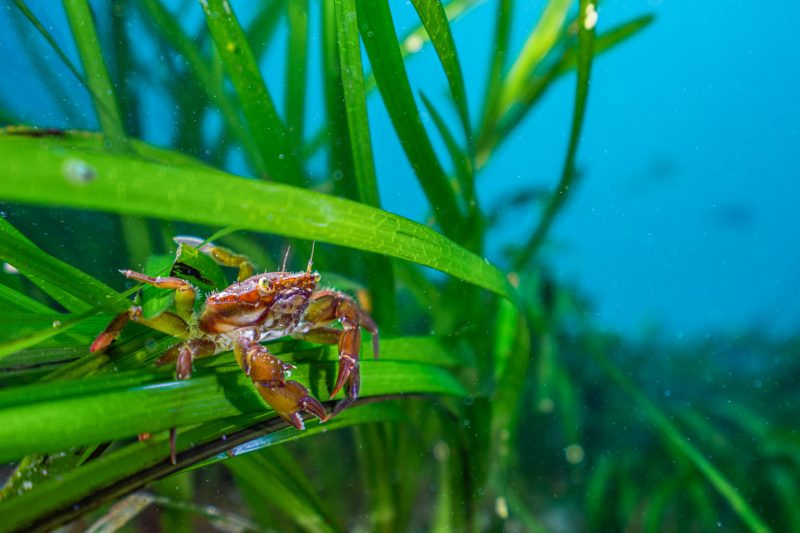Destructive industrial fisheries, such as trawls and dredges, make up the majority of fisheries approved as sustainable by the Marine Stewardship Council (MSC) certification body, according to a new report by French NGO BLOOM.
The report found that, while high-impact fisheries make up the vast proportion of MSC-certified catches, they account for less than a third of the organisation’s photographic illustrations which are skewed in favour of picturesque, artisanal fisheries.
It accuses the MSC of perpetrating a “sham.”
Among the “disparaged yet MSC certified” fisheries it highlights are:
- Deep sea fish – fished for with heavy bottom trawls that destroy ecosystems that take hundreds of years to grow.
- Shellfish such as surfclam and ocean quahog, carried out with hydraulic dredges whose blades penetrate the sediment.
- Fish caught for reduction into fishmeal and oil, including sandeel, sprat, Norway pout and Antarctic krill. The Danish industrial fishery catches more than the entire French fleet.
- Invasive species – fisheries for Kamchatka king crab, which has dramatic effects on native ecosystems, are called “sustainable.”
- Tuna fisheries using “fish aggregating devices” which result in the capture of many juveniles and non-target species such as turtles and sharks.
- Atlantic bluefin tuna – soon to be certified – an endangered species which is only just beginning to recover from overfishing.
BLOOM and its co-authors from the universities of New York and Dalhousie calculated that industrial, high-impact fishing methods like bottom trawls and dredges have accounted for 83 per cent of the MSC-certified catches between 2009 and 2017, claiming that only fisheries using explosives or poison are regarded by MSC as unsuitable for certification. By contrast, fish caught by small-scale, low-impact fisheries account for only seven per cent of MSC-certified volumes, according to the report.
BLOOM’s analysis of almost 400 images of fishing activity taken from MSC publications and its international Facebook page revealed that, despite accounting for only seven per cent of the certified volume, these small-scale fisheries represented almost half of the MSC’s photographic illustrations.
This, BLOOM insists, is a “finely-crafted communication strategy” designed to appease consumers who are becoming increasingly concerned about the environmental impact of their purchases.
In a statement published in Undercurrent News, Nicolas Guichoux, chief program officer at the MSC, responded to the claims, saying: “We do not consider analysis of the photographs used on the MSC’s Facebook account to be a relevant or credible indicator for evaluating a science-based certification program”. He went on to say: “As anyone working in this sector will understand, the sustainability of a fishery is not determined by its size or fishing gear”.
“All fishing gear can have negative impacts on marine biodiversity if these are poorly managed. The important thing is to make sure that whatever the gear and the size of the boat, it is managed and used in such a way as to respect stocks, habitats and all the surrounding marine species,” he said.
British writer and activist, George Monbiot, also weighed in on the discussion, describing the report as “profoundly disturbing” on Twitter.
This report is profoundly disturbing. It suggests that the @MSCecolabel – which is meant to assure you that the companies supplying your fish are not trashing the life of the seas – is worthless. https://t.co/2tqSpQRV9J
— George Monbiot (@GeorgeMonbiot) May 6, 2020
The publication of this report comes at a time of increased concern over the validity of MSC certifications during the global Covid-19 crisis which has necessitated the widespread relaxation of monitoring and surveillance measures in fisheries around the world. The suspension of on-board observer programmes, designed to monitor and report on issues like shark-finning and bycatch, are key to ensuring that responsible and sustainable fishing practices are upheld.
Like other regional fisheries management organisations, the Indian Ocean Tuna Commission has chosen to suspend its observer programme but has not banned at-sea transhipments of fish during this time, potentially paving the way for increased illegal, unreported and unregulated (IUU) fishing – a grave concern for conservationists who fear that this could lead to more pressure being put on already-overfished stocks.
BLUE’s executive director, Charles Clover said: “We applaud BLOOM for its thorough investigation of the MSC and its seemingly misleading communication strategy. While we were pleased to see the MSC close its compartmentalisation loophole earlier this year, eliminating the possibility for a vessel to catch both certified and non-certified catch using different practices, there remains significant scope for improvement. The MSC-certified Echebastar skipjack fishery in the Indian Ocean raises a particularly clear red flag given that a major proportion of its catch is yellowfin tuna – a species that is already overfished and at risk of collapse.”
You can read BLOOM’s report here.

